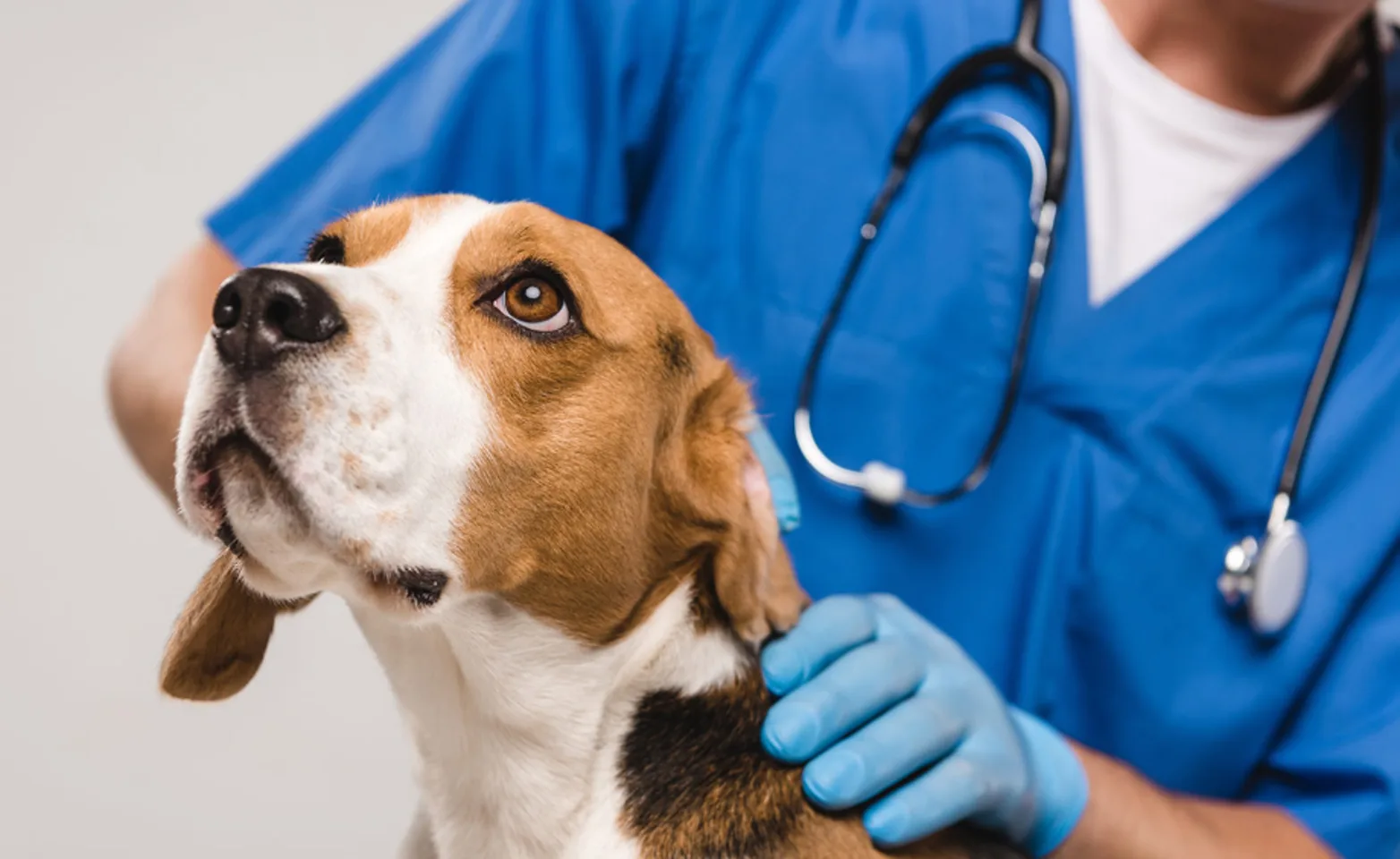Cassells Animal Hospital

Pet Care Information

Pet Poison Help
My Pet has Been Poisoned! Help!
Our pets are very curious and will often eat anything they can get their mouth on. Accidental poisonings are actually quite common, here are some helpful tips to help us most successfully treat your pet.
Pet Poison Steps
First Step
If your pet has consumed something, especially a human medication or plant, do not assume that everything will be fine. Some of the most common pain controls available for humans are actually quite lethal in dogs and cats even in the smallest quantities. Something else to be aware of is that making your pet vomit is not always the way we treat the ingestion of a toxin. Some poisons/toxins can actually cause a lot more damage if vomited up. For this reason, if you suspect your pet has ingested something potentially toxic, we strongly suggest that you contact one of the Animal Poison Helplines listed below. *A small fee may apply.
The agent will look up what your pet’s ingested and give you information about the product (poisonous?), the treatments (if any), and give you a case number. If your pet needs to be seen by a veterinarian, then please call us immediately and bring all information and the case number with you so we initiate treatments or can the poison helpline for further instructions if needed.
If you are not sure what to do, please call us immediately and we will give you guidance on the best approach given your situation.
Second Step
Bring the packaging of the product that was consumed. Often times we can call the company and obtain more information about the product, or instructions on the decontamination process.
Third Step
Do not wait and see. Some poisons are very quickly absorbed and even hesitating for 30-60 minutes may mean the difference between reversible vs. non-reversible effects.
Poison Help Links:
What should I have in my pet’s First Aid Kit?
Basic First Aid Supplies
Absorbent gauze pads
Adhesive tape
Antiseptic wipes, lotion, powder, or spray
Blanket (a foil emergency blanket)
Cotton balls or swabs
Gauze rolls
Hydrogen peroxide (to induce vomiting—do this only when directed by a veterinarian or a poison-control expert)
Ice pack
Non-latex disposable gloves
Petroleum jelly (to lubricate the thermometer)
Rectal thermometer (your pet’s temperature should not rise above 39.5°C or 103.1°F or fall below 37°C or 98.6°F)
Scissors (with blunt ends)
Sterile non-stick gauze pads for bandages
Sterile saline solution (sold at pharmacies)
Tweezers & Tick twister
A pillowcase to confine your cat for treatment
A pet carrier
**Please use extreme caution when using hydrogen peroxide to induce vomiting as it may cause stomach ulcers and severe blood loss when used outside of the guidance of a veterinarian.
Other Useful Items
Diphenhydramine (Benadryl®) A veterinarian must tell you the correct dosage for your pet’s size.
Ear-cleaning solution
Expired credit card or sample credit card (from direct-mail credit-card offers) to scrape away insect stingers
Glucose paste or corn syrup (for diabetic dogs or those with low blood sugar)
Nail clippers
Non-prescription antibiotic ointment
Tylenol (Formulations recommended: children’s (small dog), regular strength (large dog)) A veterinarian MUST give you the correct dosage for your dog.
Penlight or flashlight
Plastic eyedropper or syringe
Rubbing alcohol (isopropyl) to clean the thermometer
Splints and tongue depressors
Styptic powder or pencil (sold at veterinary hospitals, pet-supply stores, and your local pharmacy)
Temporary identification tag (to put your local contact information on your pet’s collar when you travel)
Towels
Needle-nosed pliers
**Please NEVER give your dog any over-the-counter medications without a veterinarian’s approval. Some day-to-day human pain and/or fever relievers are extremely toxic in the smallest of doses!! Eg. Advil (Ibuprofen), Alieve, etc. If your pet is on other medications, please check with a veterinarian prior to giving OTC medications as well as some medications can produce negative drug reactions when used together (whether dosed at the same time, same day, even same week!).
